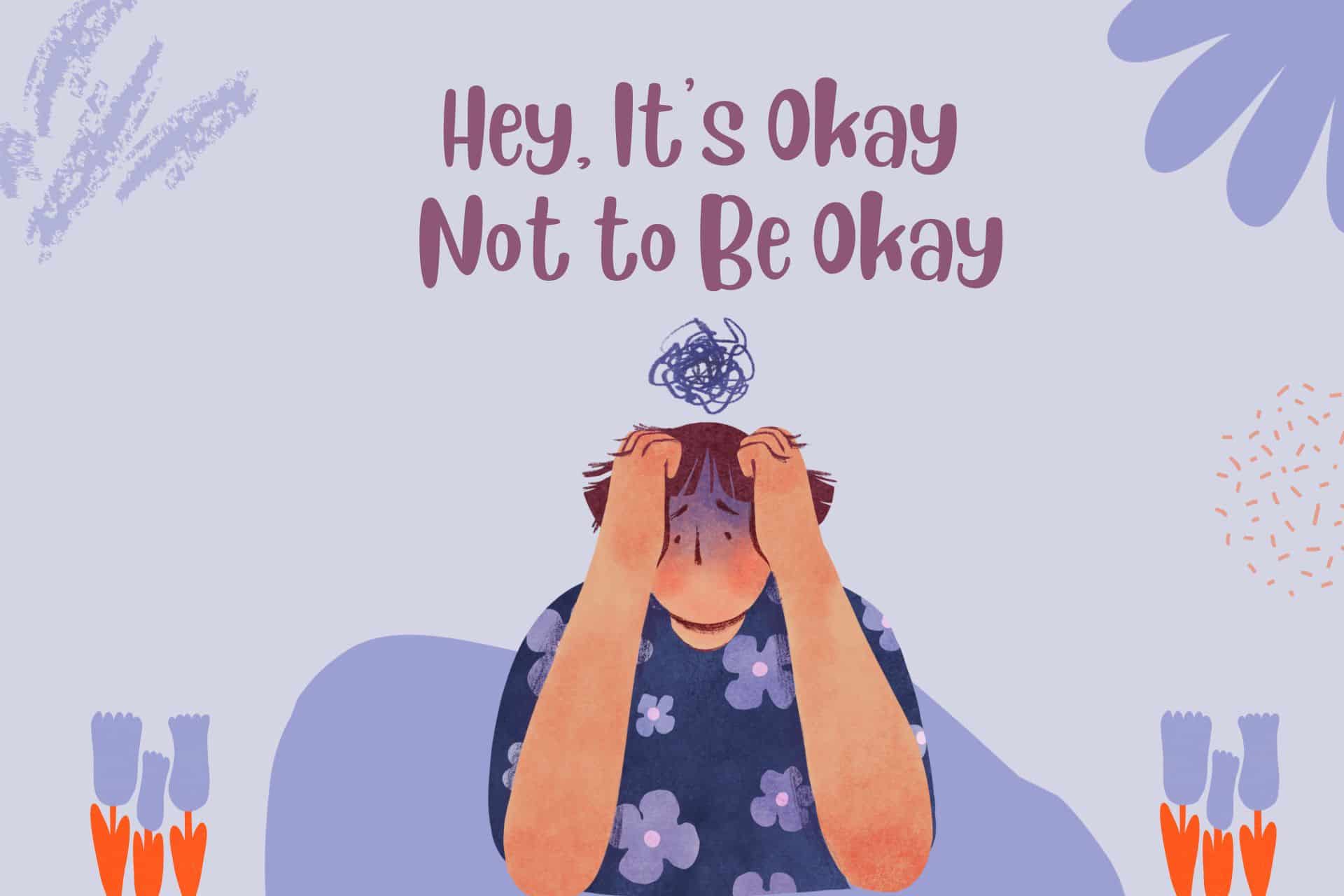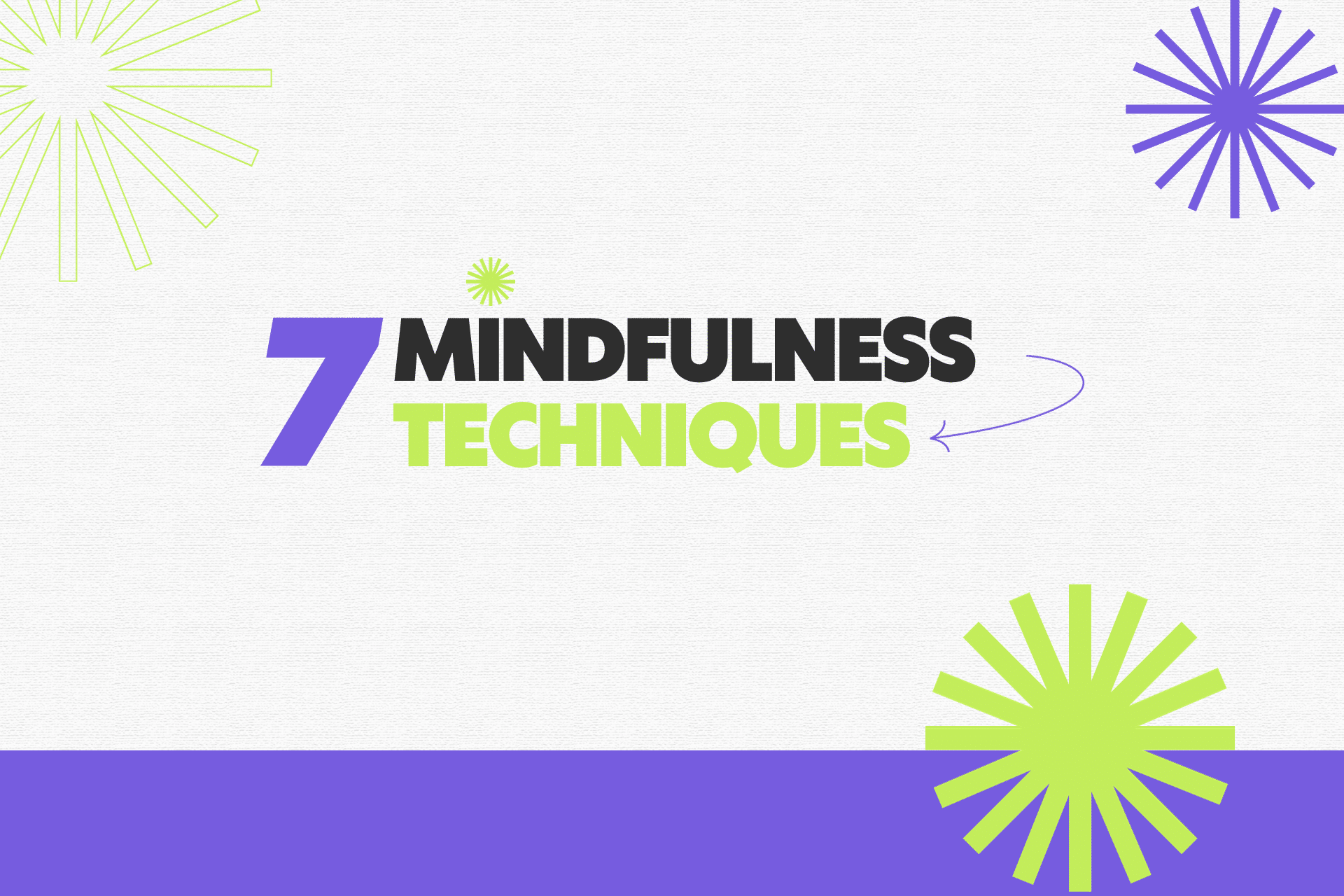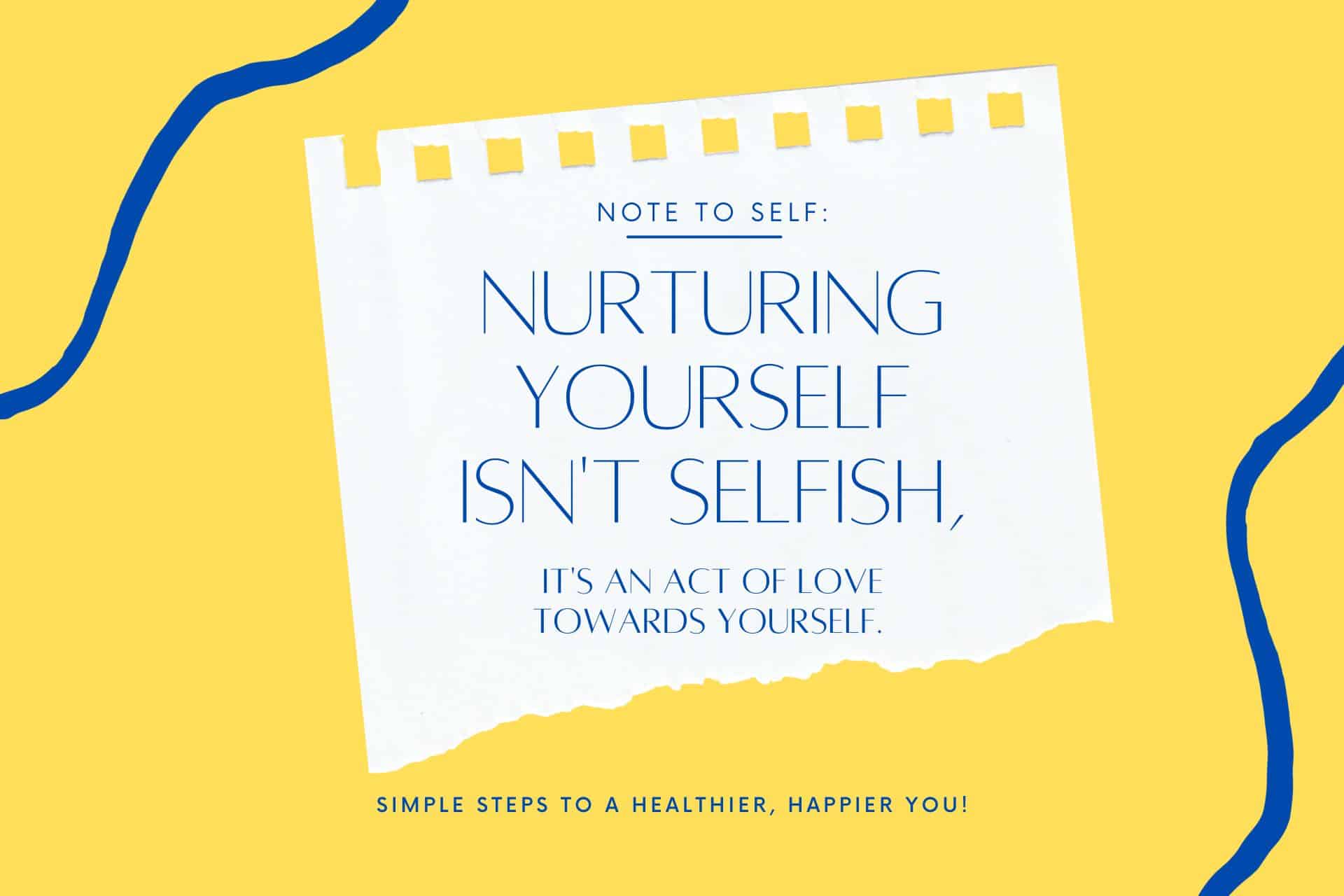Find 5 Simple Steps to a Healthier, Happier You
Welcome to a journey of self-discovery and empowerment, where understanding the art of nurturing yourself becomes a transformative experience. In a world where the demands of daily life often leave us feeling stretched thin, it’s essential to remember that taking care of oneself is not just a luxury but a necessity.
As women, we often put others’ needs before our own, sometimes forgetting that our well-being is the foundation of everything else.
You’ll find answers and a compassionate guide to rekindling your inner strength and joy here. We recognize the challenges you face, the thin line you tread between caring for others and caring for yourself. Our expertise is grounded in real-world experiences and research, poised to lead you gently but firmly towards a more balanced, fulfilled life.
So, let’s embark on this vital journey together, exploring the profound impact and simple beauty of nurturing yourself. Keep reading to uncover ways to infuse your life with self-care, resilience, and unabashed joy.
Let’s get started!
Here's What You Will Find

Key Takeaways
Nurturing Yourself
The Essence of Self-Nurturing: Nurturing yourself is a multifaceted approach to caring for your physical, emotional, mental, social, and spiritual well-being. It’s about creating a balance that allows you to thrive in all aspects of life.
Practical Self-Care Strategies: Incorporating small self-care into your daily routine, setting boundaries, engaging in mindfulness practices, exploring creative outlets, and seeking support are practical strategies to enhance your well-being.
Debunking the Selfishness Myth: Embracing self-care is not selfish; it’s essential for maintaining health and well-being, benefiting yourself and those around you.
Overcoming Self-Care Challenges: Addressing common obstacles like time constraints, guilt, financial limitations, lack of support, and uncertainty about how to start is crucial for a successful self-care journey.

What Does Nurturing Yourself Mean?
When we talk about nurturing yourself, it’s much more than an occasional spa day or indulging in your favorite chocolate. It’s a comprehensive approach to caring for your physical, emotional, mental, social, and spiritual well-being. This concept transcends the idea of mere self-preservation or self-indulgence; it’s about cultivating a deep, respectful relationship with yourself.
Nurturing yourself means engaging in activities and practices that promote your physical, mental, and emotional well-being fostering a positive relationship with yourself through self-care, self-compassion, and self-acceptance.
Understanding self-nurturing begins with recognizing its necessity. It’s not just a series of actions but a mindset that values self-compassion and self-respect. This means listening to your body when it needs rest, feeding your mind with positive thoughts, allowing yourself to process emotions healthily, and nurturing relationships that uplift you. It’s about being as kind and understanding to yourself as you would be to a dear friend.
Physical self-nurturing involves caring for your body. This doesn’t just mean rigorous exercise routines or strict diets. It’s about finding balance and understanding what your body needs, whether it’s more sleep, healthier food choices, or a relaxing natural walk. Emotional self-nurturing requires acknowledging and respecting your feelings. It’s okay to feel overwhelmed, sad, or angry. What’s important is learning how to process these emotions in a way that doesn’t harm you or others.
Mental self-nurturing is about keeping your mind stimulated and healthy. It might involve challenging yourself with new learning experiences, stimulating conversations, or practicing mindfulness to keep your thoughts positive. Social nurturing is about surrounding yourself with people who support and encourage you. These relationships should bring joy and comfort, not stress or negativity.
Lastly, spiritual nurturing involves connecting with your inner self, finding purpose, and engaging in practices that resonate with your core values.
In essence, self-nurturing is about honoring and respecting all aspects of yourself. It’s an ongoing process that requires attention and effort, but the rewards – a sense of peace, happiness, and fulfillment – are immeasurable.
The Many Faces of Self-Nurturing
The journey of self-nurturing is beautifully diverse, encompassing various aspects of our lives. It’s crucial to recognize that self-care is not a one-size-fits-all concept; it’s a multifaceted practice that caters to different needs and aspects of our well-being.
Physical Self-Nurturing
This aspect is often the most visible form of self-care. It includes activities like exercising, which shouldn’t be an hour at the gym. It can be a dance session in your living room or a peaceful yoga practice. Nutrition is another vital component. Nourishing your body with balanced meals can be a profound act of self-love. Don’t forget to rest – quality sleep is essential for physical health.
Emotional Self-Nurturing
Emotional self-care involves recognizing and honoring your feelings. It’s about permitting yourself to feel without judgment. This could mean allowing yourself a good cry when needed or finding healthy outlets for your emotions, such as talking to a trusted friend or writing in a journal.
Mental Self-Nurturing
Keeping your mind active and engaged is crucial. This could involve learning new skills, reading books, or even engaging in stimulating puzzles or games. Mental self-care also includes managing stress through meditation or mindfulness, which helps maintain a healthy, positive mindset.
Social Self-Nurturing
Humans are social creatures, and nurturing relationships are fundamental to our well-being. This means investing time in relationships that uplift you and distancing yourself from toxic ones. It also involves seeking out and nurturing connections that bring joy, understanding, and support.
Spiritual Self-Nurturing
This aspect might involve meditation, prayer, or any activity that helps you connect with your inner self and the larger universe. It’s about finding meaning and purpose in life, which can vary greatly from person to person.
Each of these aspects is a vital component of a well-rounded self-nurturing routine. They work harmoniously to support your well-being, helping you lead a balanced, fulfilled life. Remember, the journey of self-nurturing is deeply personal, and what works for one person may not for another. It’s all about finding what resonates and brings you joy and peace.
How to Nurture Yourself
5 Practical Tips and Strategies
Nurturing yourself isn’t just a concept; it’s a practical, everyday practice. Here are some actionable tips and strategies to incorporate self-nurturing into your daily life:
Step 1. Small Daily Actions
Integrate self-care into your routine in small, manageable ways. This could be as simple as enjoying a quiet cup of coffee in the morning, taking a short walk during lunch, or dedicating 10 minutes to meditation before bed. These moments, though small, can significantly impact your well-being.
Step 2. Setting Boundaries
Learning to say ‘no’ is a crucial part of self-care. It’s about understanding your limits and not overcommitting yourself. This could mean declining extra responsibilities at work when you’re already stretched thin or setting aside time for yourself on the weekends instead of filling it with social obligations.
Step 3. Mindfulness Practices
Mindfulness helps you stay grounded and present. Techniques like meditation, deep breathing exercises, or even mindful eating can help reduce stress and improve your mental well-being. Start with a few minutes daily and gradually increase as you become more comfortable.
Step 4. Creative Outlets
Engage in activities that spark joy and creativity. Creative pursuits can be incredibly therapeutic and fulfilling, whether it’s painting, writing, gardening, or DIY projects. They provide an outlet for self-expression and can be a great source of relaxation.
Step 5. Seeking Support
Remember, it’s okay to ask for help. Whether talking to a friend, joining a support group, or seeking professional counseling, external support can be vital in your self-care journey. Recognizing when you need assistance is a sign of strength, not weakness.
Implementing these strategies requires commitment and practice. Start small and be patient with yourself. Remember, the goal is to enhance your well-being, not add to your stress. Listen to your needs and adjust your self-care practices accordingly.
Nurturing Yourself, It’s Not Selfish!
Understanding the Importance of Self-Care
A common misconception about self-care is that it’s selfish or self-indulgent. It’s crucial to debunk this myth. Taking care of yourself isn’t just beneficial for you; it positively impacts those around you.
When well-rested, emotionally balanced, and mentally clear, you’re in a much better position to care for others. Think of the airplane oxygen mask analogy: you must secure your mask before helping others. This is true in life as well. By ensuring your cup is full, you can offer support, love, and energy to those around you.
Moreover, self-care plays a significant role in your overall health. Chronic stress, which can result from neglecting self-care, is linked to numerous health issues, including heart disease, diabetes, and depression. By engaging in self-nurturing practices, you’re not just improving your quality of life but potentially extending it.
Self-care is also a critical component of mental health. It helps regulate emotions, reduce anxiety, and improve mood. Regular self-care can increase self-esteem, resilience, and a positive outlook.
In essence, nurturing yourself is not a luxury; it’s a fundamental aspect of maintaining your health and well-being. It’s a responsible, necessary act that benefits not just you but everyone in your life.
Real-Life Success Stories
Women Who Prioritized Self-Nurturing
To illustrate the power of self-nurturing, let’s explore some real-life success stories. These narratives showcase how prioritizing self-care can lead to profound changes in various life aspects.
The Overworked Professional
Meet Sarah, a high-achieving, constantly stressed and overworked lawyer. She decided to start small, dedicating 30 minutes each day to self-care activities like reading or yoga. Over time, Sarah noticed she was more focused and less anxious at work. She also enjoyed her job more because she wasn’t always running on empty.
The Busy Mother
Emma, a mother of three, always puts her family’s needs before hers. When she started setting aside time each week for her interests, like painting and hiking, she became more patient and present with her children. This not only improved her mood but also strengthened her family relationships.
The Entrepreneur Battling Burnout
Lily, an entrepreneur, faced severe burnout. She began practicing mindfulness and seeking professional counseling. These steps helped her regain her passion for work and taught her the importance of balancing professional drive with personal well-being.
These stories highlight that self-nurturing doesn’t take away from our responsibilities but enhances our ability to handle them. By caring for themselves, these women could bring more energy, joy, and effectiveness to all areas of their lives.
Overcoming Challenges in Self-Nurturing
While self-nurturing is rewarding, it’s not without its challenges. Here are some common obstacles and strategies to overcome them:
Time Constraints
One of the biggest challenges is finding time. The key is to integrate self-care into your existing routine. Even five minutes of deep breathing or a quick walk can make a difference.
Feeling Guilty
It’s common to feel guilty for taking time for yourself, but remember, self-care is a necessity, not a luxury. Reframe self-care as a non-negotiable part of your routine.
Financial Constraints
Self-care doesn’t have to be expensive. It can be as simple as taking a relaxing bath, reading a book, or walking in nature.
Lack of Support
If those around you don’t understand the importance of self-care, educate them. Share articles, books, or experiences to help them see the value.
Not Knowing Where to Start
Begin with simple, manageable steps. Focus on one area of self-care and gradually incorporate others as you become more comfortable.
Exploring the Science of Self-Compassion
How Nurturing Yourself Leads to Greater Well-being and Motivation
Research and science have explored the importance and benefits of nurturing oneself, particularly through self-compassion. Here are some key findings from this research:
Self-Compassion and Mental Well-being:
A study by Neff found that individuals with higher levels of self-compassion tend to be less critical of themselves and less prone to anxiety and depression, leading to greater life satisfaction. This research counters the misconception that self-kindness is self-indulgent or narcissistic, highlighting its significance in enhancing mental wellness.
Self-Compassion in Positive Psychology
Gordon Flett’s research underscores the importance of self-compassion in maintaining a positive self-dialogue and its role in positive adjustment. It’s particularly relevant in sports psychology, where athletes with higher self-compassion demonstrate greater personal growth, body appreciation, and lower anxiety and fear of failure.
Self-Compassion and Self-Improvement Motivation
A study by Breines and Chen showed that self-compassion can significantly increase motivation for self-improvement. The research indicated that individuals practicing self-compassion were more motivated to address and improve upon personal weaknesses, moral transgressions, and academic performance than those with high self-esteem or no intervention.
These findings collectively suggest that nurturing oneself through self-compassion is a powerful tool for improving mental health, fostering personal growth, and enhancing motivation for self-improvement.
Frequently Asked Questions (FAQs)
How do I start practicing self-nurturing if I’m always busy?
Start with small, manageable actions. Even a few minutes of self-care daily can make a significant difference.
Can self-care help with anxiety and depression?
Yes, regular self-care practices can help manage symptoms of anxiety and depression. However, they should not replace professional treatment when necessary.
Is self-care the same for everyone?
No, self-care is deeply personal. What works for one person might not work for another. It’s about finding what resonates with you.
Final Thoughts
Embracing Empowerment and Sharing Insights
Nurturing yourself is an essential, not optional, part of a healthy, balanced life. It’s about respecting and caring for your entire being – body, mind, and soul. As you integrate these practices into your daily life, you’ll likely notice significant improvements in your overall well-being. Remember, self-care is not selfish; it’s necessary.
Share these insights with other women, and let’s all thrive together. Feel free to reach out if you have any questions or need further guidance on nurturing yourself. Let’s support each other in this journey of self-love and care.
More on Self-Care

It’s Okay Not to Be Okay: How Embracing Your True Self Can Transform Your Life!

Emotional Wellness for Women: Unveiling the Journey to a Balanced Life

STOP Method: Erase Stress and Boost Productivity in Just 4 Simple Steps!

HALT Method: How to Effortlessly Decode Your Emotions and Take Control in Minutes!

Assertiveness for Women: The Game-Changing Skill You Didn’t Know You Needed!

5-Min. Mindfulness Body Scan That Will Change Your Life Forever!

Self-Awareness for Women: The Ultimate Hack for Crushing Your Goals!

7 Mindfulness Techniques: The Life-Changing Rituals You Need Now!

Why Mindfulness is a Superpower? The Real Reason It’s a Life-Changing Power!
Related Articles
Women’s Mental Load: 5 Revolutionary Tricks to Turn Stress into Success!
Emotional Resilience Revealed: The Ultimate Guide to Bouncing Back Faster Than Ever!
What Type of Therapy Do I Need Quiz: Discover the Surprising Therapy Perfect for You!
How to Find the Right Therapist: Surprising Strategies to Connect with Your Ideal Mental Health Ally!
Relaxation Paradox: What to Do When Trying to Relax Stresses You Out!



